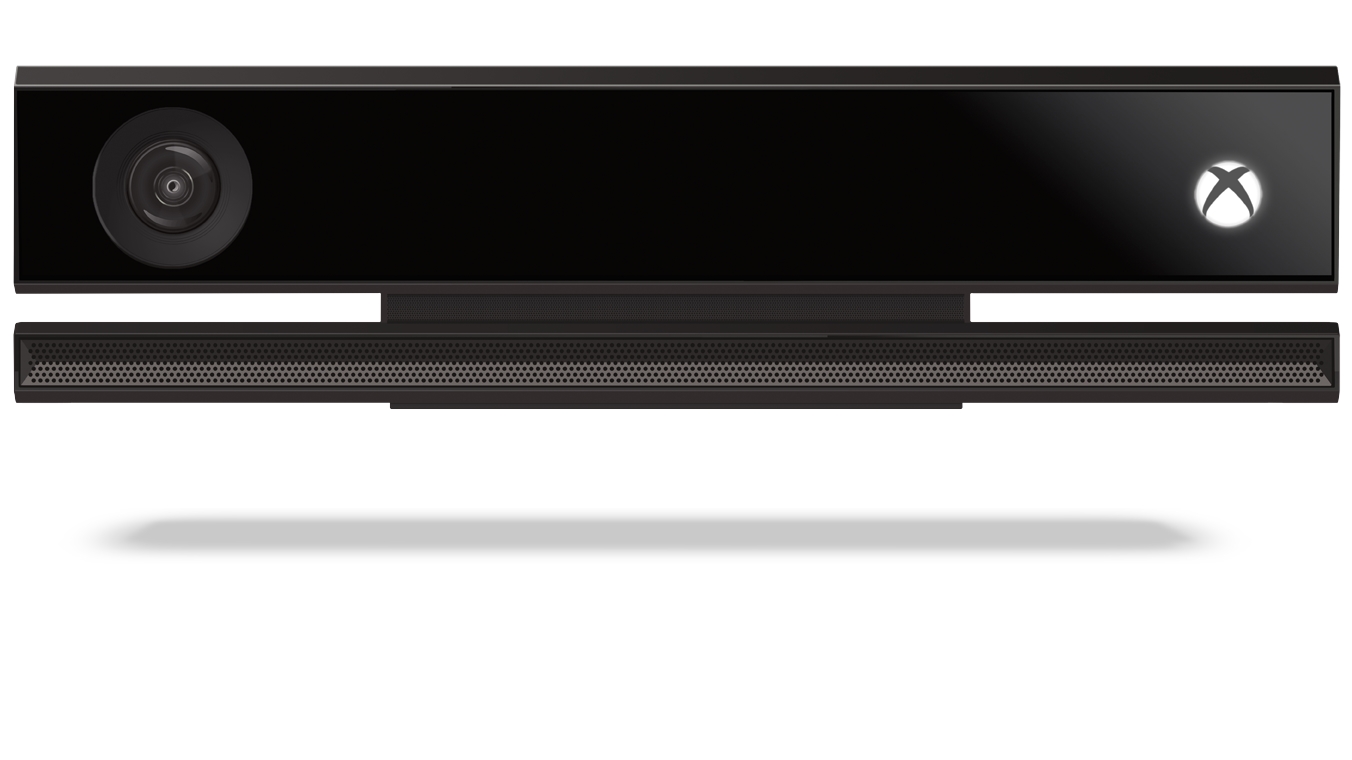Xbox One Kinect isn't an Orwellian spy tool
Console will still need the motion-detector to run, though

Microsoft might have calmed gamers' fears by confirming that the Xbox One won't need an "always on" internet connection to play, but the new console will still require Kinect to actually function.
Naturally, this has sparked some concern that Kinect will be always watching you in your living room like some 1984-style spying device. But Microsoft promises this will not be the case.
Speaking in an interview at Redmond after the event, Jeff Henshaw, group program manager for Xbox Incubation said that Xbox One's Kinect won't always be spying on your living room activity. "If you want privacy, we'll give you modes that ensure your privacy," he said
Paranormal activity
Henshaw continued: "It's not the case where you'll be able to remove the camera altogether. But you'll be able to put the system in modes where you can be completely secure about the fact that the camera is off and can't see you."
Speaking at the London event for the Xbox One reveal, Harvey Eagle also confirmed that the console will require Kinect to actually work.
"Kinect does require to be connected to Xbox One in all cases, yes," he said. Let's hope this means that the new Kinect is ready to take on any possible room shape or size.
It was confirmed that the new Kinect will also be coming to Windows PCs in the future.
Sign up for breaking news, reviews, opinion, top tech deals, and more.
Via Cnet

Hugh Langley is the ex-News Editor of TechRadar. He had written for many magazines and websites including Business Insider, The Telegraph, IGN, Gizmodo, Entrepreneur Magazine, WIRED (UK), TrustedReviews, Business Insider Australia, Business Insider India, Business Insider Singapore, Wareable, The Ambient and more.
Hugh is now a correspondent at Business Insider covering Google and Alphabet, and has the unfortunate distinction of accidentally linking the TechRadar homepage to a rival publication.